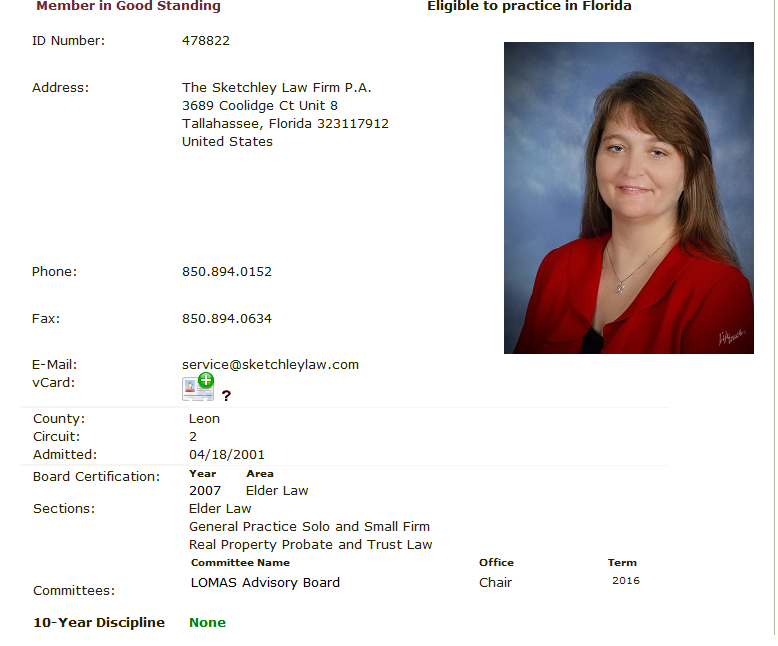Finding the right elder law attorney who is competent to handle your matter is important for you and your family. As with every major consumer decision, you must investigate whether the attorney can meet your needs and do it within your budget. Included in this post are a list of questions to ask to determine whether the attorney meets your elder law needs and a list of ways to find additional information about the lawyer.
1. How much of the lawyer’s practice is elder law?
2. How long has the lawyer been practicing elder law?
3. How much of the lawyer’s elder law practice is handling types of cases like yours?
4. When was the last time the lawyer handled a case like yours?
5. Will the lawyer handle your case or will it be assigned to another lawyer?
6. Is the lawyer been certified as an expert either by their state bar association or a national bar association?
7. Is the lawyer a member of any elder law organizations (National Academy of Elder Law Attorneys (NAELA), a state chapter of NAELA, or the state bar association’s elder law group)?
8. Other than a law degree, what other degrees or other specialized training does the lawyer have that is applicable to your legal issue?
9. Does the lawyer teach training for other lawyers in her area of practice?
10. Does the lawyer publish elder law articles? If so, when was the last time she was published?
11. Has the lawyer ever been disciplined by their state bar association? If so, when and what for?
12. What training does the law firm’s paralegals have that will be assigned to your case?
13. What are the lawyer’s fees? Flat rate? Hourly? Mixed? Contingent?
14. Does the lawyer have written fee agreements and firm policies regarding telephone, email, meetings, after hours contact, etc.?
In addition to asking these questions, you should also research the attorneys you might hire. The following is a list of ways you can find additional information about them:
1. Do a Google search for the attorney. You will find articles written by the attorney, the attorney’s websites and social media sites (Facebook, Twitter or LinkedIn, media references to the attorney and other information.
2. Review the attorney’s website and social media sites.
Look the attorney up through the state bar association to which they belong. For example, in Florida you can look up the attorney through the The Florida Bar. When you look up the attorney you will see the following information:
a. Is she an active member in good standing
b. Has she been disciplined
c. Is she active in their bar (serving in elder law section or on committees)
4. Ask for the lawyer or law firm’s brochure or other literature describing the firm.
5. Ask for the lawyer’s resume or curricula vitae.
6. Ask friends and family if they have heard of or know about the attorney.



